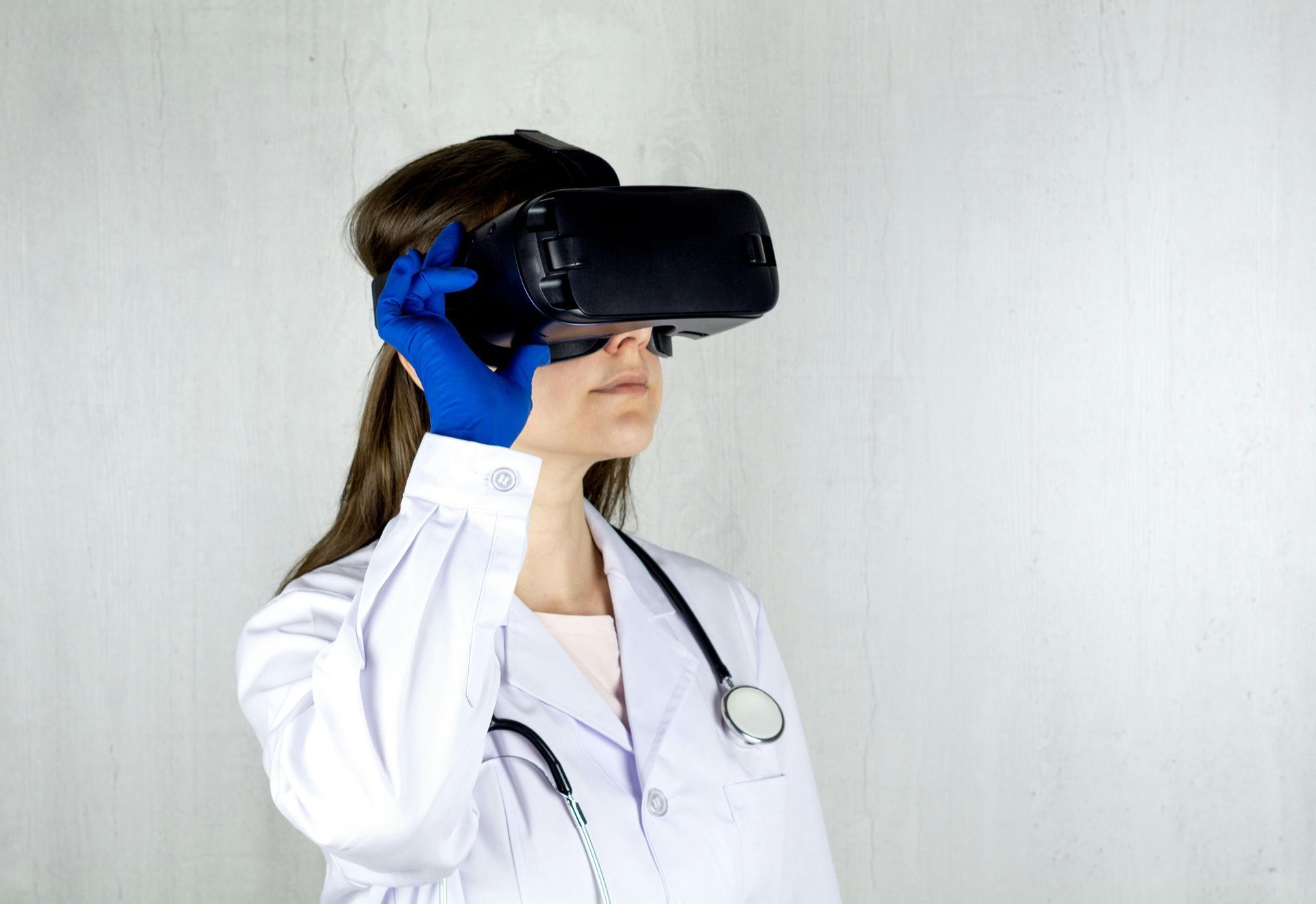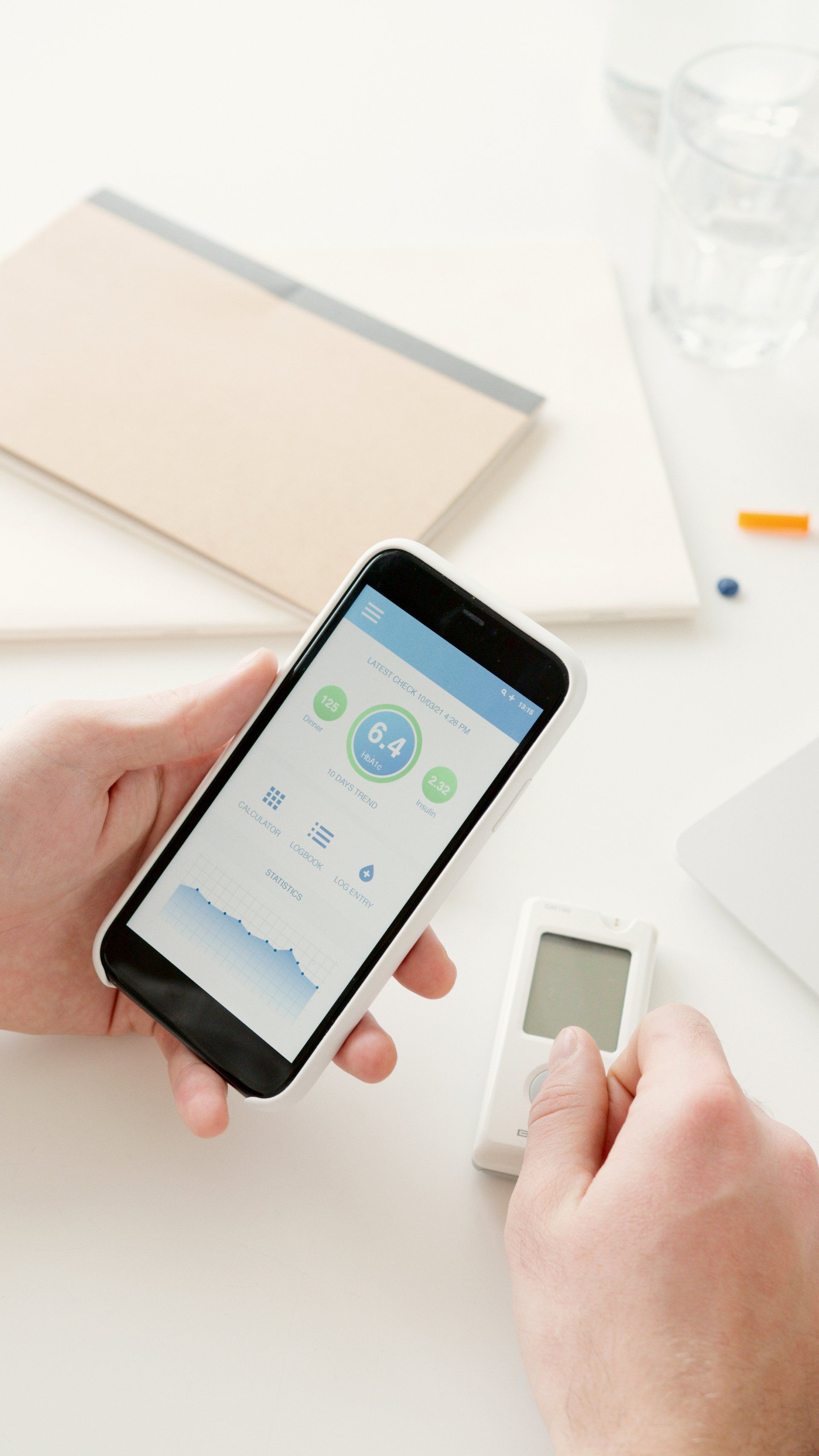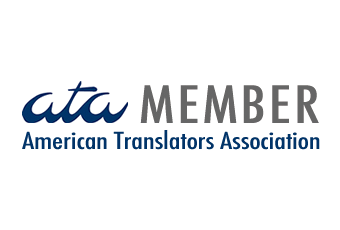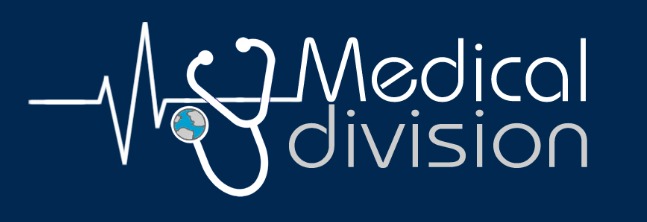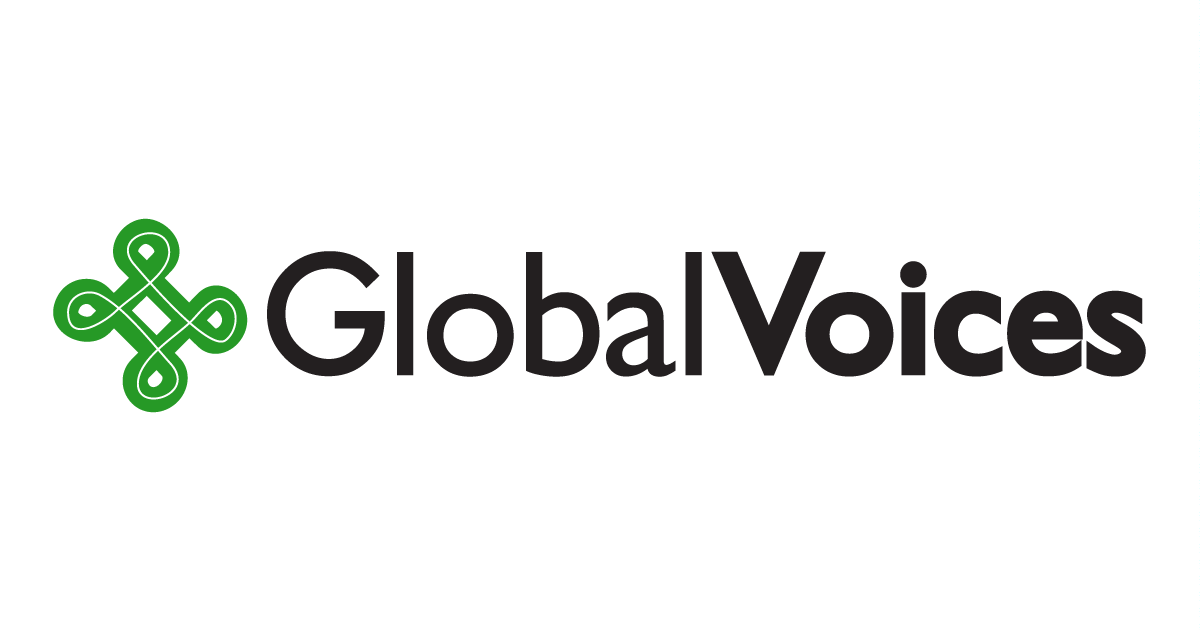Quick Guide: Localising Healthcare Products for the French Market
What is localisation and why it matters in the Health technology industry?
Localisation is the process of adapting a product and its content such as its user interface (UI), navigation menu, text on screen, user manual, instructions for use (IFU), marketing materials, etc. to meet the linguistic, cultural, and regulatory needs of a specific market.
For companies in the HealthTech industry, effective digital health technology localisation for France is essential to ensure that products resonate with local consumers. This goes beyond mere translation; it involves creating culturally relevant translations for health technology products that enhance user experience and trust. Localisation can address key challenges such as regulatory compliance, accelerate market entry, and increase product adoption in the French market.
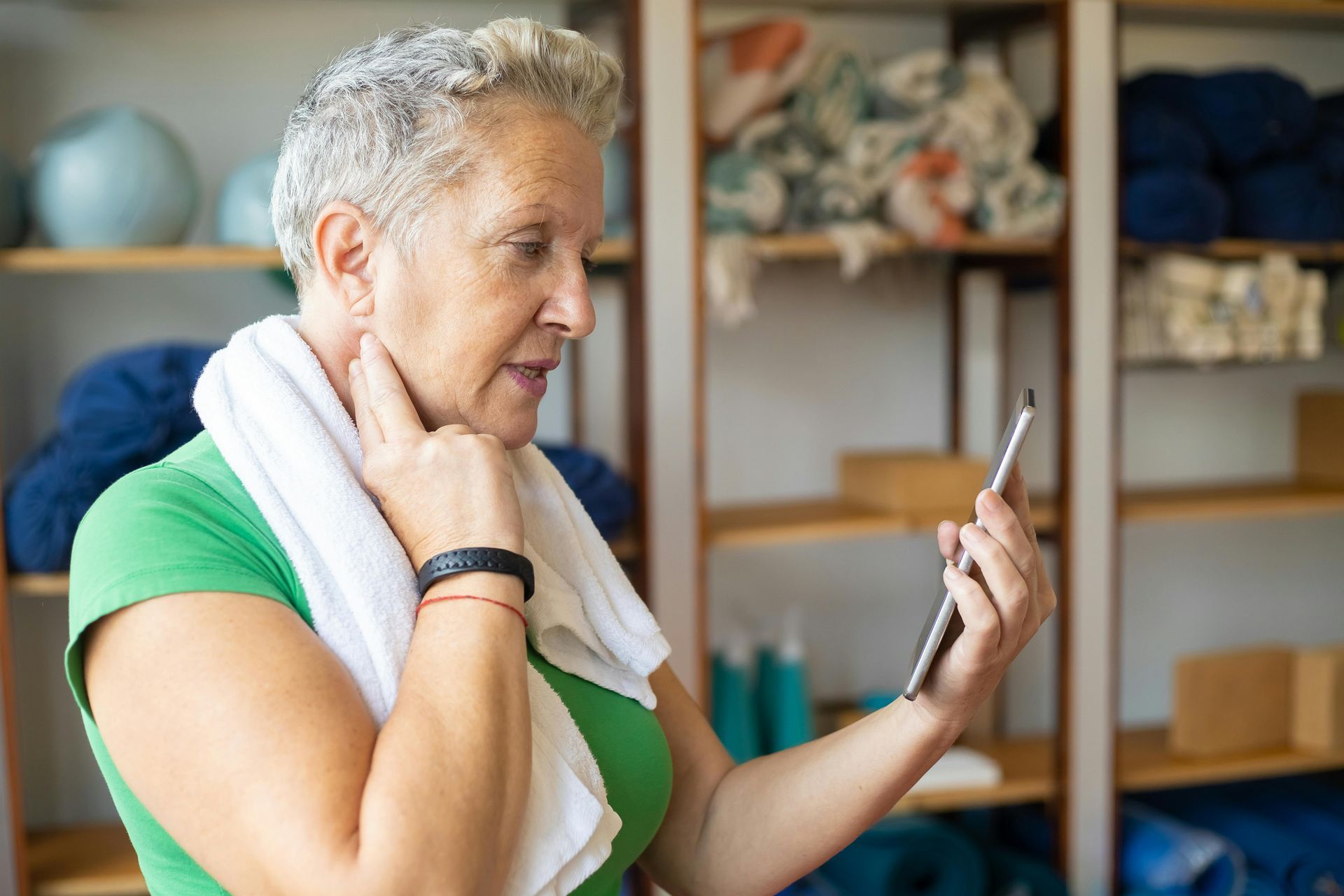
1. Ensures regulatory compliance in the French healthcare market
French regulations in the health and medical sector are quite complex. Navigating these can be daunting for SMEs in the HealthTech industry. Ensuring regulatory compliance is critical not only for legal reasons but also to build credibility with healthcare providers and patients.
Localised content must adhere to French laws and standards, which can vary significantly from those in other countries. In collaboration with a French medical technology localisation specialist, companies can ensure that their documentation—such as user manuals, clinical trial protocols, and marketing materials—meets local regulations. This reduces the risk of costly penalties and enhances trust among stakeholders.
More information about the French Digital Health landscape and the 2023-2027 Digital Healthcare Roadmap is available on the French Healthcare website.
2. Accelerates market entry into France for Digital Health companies
If you are a HealthTech startup entering the French market, being fast is key. Leveraging a smart localization strategy to sell your products in France can significantly accelerate your go-to-market timeline. By preparing localised marketing materials and multilingual medical device documentation ahead of time, companies can get a competitive advantage. This proactive approach not only streamlines market entry but also allows companies to beat competitors by establishing a presence in a rapidly growing market where digital health solutions are increasingly in demand.
Florence, an Irish health technology company, successfully expanded into France by localising its platform for the local market. Originally a UK-based startup, Florence connects healthcare professionals with available shifts, addressing staffing shortages. To enter France, the company adapted its app and marketing materials to meet the needs of French healthcare providers, including offering French-language support. This strategic localisation aligns with France's pressing healthcare staffing challenges, allowing Florence to fill thousands of shifts monthly. This example illustrates how effective localisation can facilitate successful market entry for health tech companies in new regions.
3. Boosts health technology adoption locally
Localising products and solutions to meet the needs of the French healthcare professionals and patients is key to boost adoption locally. When users encounter materials that are tailored to their cultural context and language, they are more likely to engage with the product. Smart localisation strategies helps in improving market acceptance through localised marketing materials, which resonate with local audiences.
For instance, a localised glucometer can be easily integrated into telemedicine platforms, allowing patients to monitor their blood glucose levels from home and share data with healthcare providers in real-time. With French-language instructions and culturally relevant features, patients can easily use the device, enhancing their engagement and confidence in managing their diabetes. This integration not only streamlines communication with healthcare teams but also leads to quicker adjustments in treatment, ultimately improving health outcomes and boosting adoption rates. By addressing specific local needs and preferences, health technology startups and companies can enhance user satisfaction.
4. Fosters market acceptance among French healthcare providers and patients
Achieving product acceptance among healthcare providers and patients requires more than just translating text; it necessitates a deep understanding of local healthcare practices and consumer behaviour. Companies that invest in specialised localisation services for HealthTech startups will find that their products are better received by local markets. By creating content that reflects regional nuances and addresses local concerns, businesses can foster trust and loyalty among users, leading to sustained growth in the French market and ultimately boost ROI through enhanced product adoption.
Zava, a UK-based telemedicine provider, successfully entered the French market through effective localisation. By translating its platform into French and adapting medical consultations to comply with local regulations, Zava catered to the needs of French patients and healthcare providers. Focusing on user-friendly features like online consultations and tailored prescription services, Zava built trust among users and addressed local concerns about healthcare accessibility. This strategic localisation enhanced Zava's credibility in France and contributed to its growth in the competitive digital health landscape, demonstrating the importance of understanding local market dynamics for acceptance.
In conclusion, localising healthcare products for the French market is not just about translation—it's about crafting a product that speaks to the needs, regulations, and cultural nuances of the local audience. By ensuring regulatory compliance, accelerating market entry, and boosting product adoption, localisation can be a game-changer for HealthTech companies. Whether you're entering the market for the first time or looking to enhance your existing presence, the right localisation strategy can make all the difference.
If you need a specialised translator and localisation partner to help adapt your product for the French market, feel free to reach out. I can guide you through the process, ensuring your product is ready for success. Contact me today to get started!
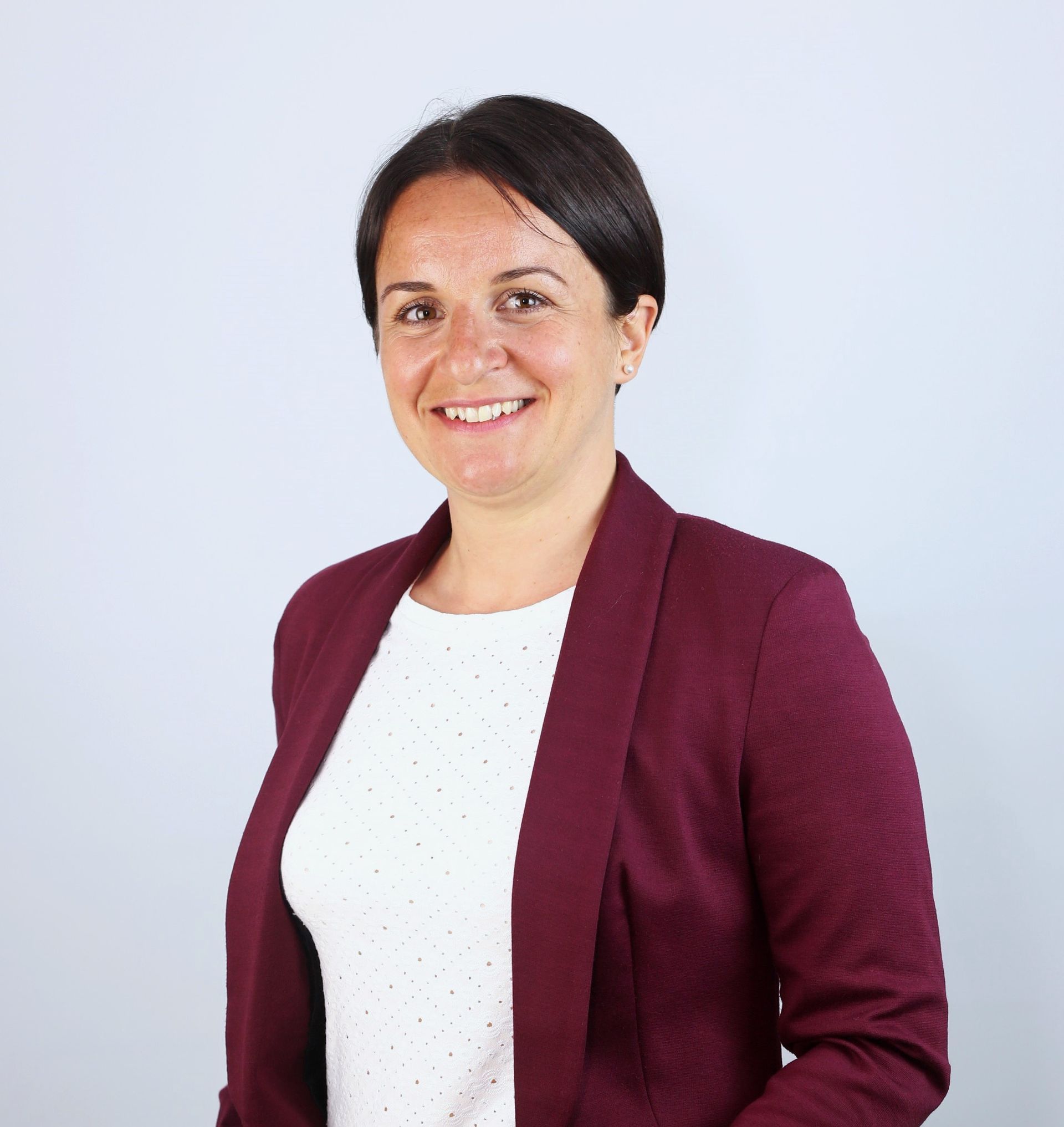
Emi Lecret
Professional Medical Translator from English into French
Localisation Specialist for healthcare and medical companies
UX/UI Designer
contact@emilecret.com
Share this article
